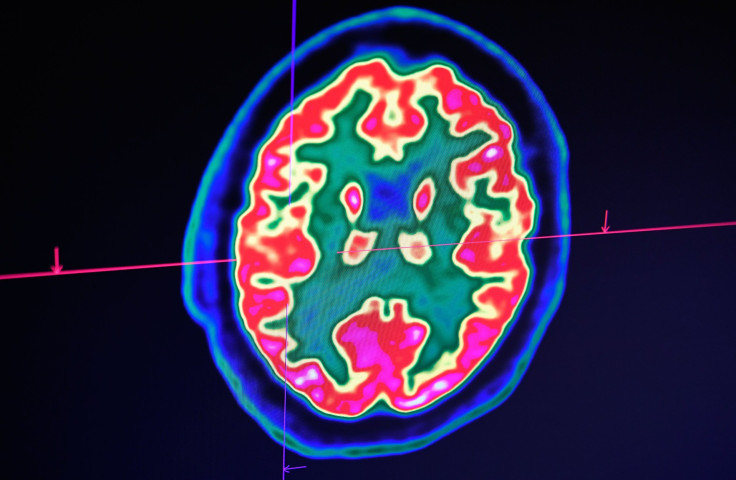'Brain Pacemaker': Personalized Brain Stimulation Successfully Treats Patient's Severe Depression
KEY POINTS
- Some people experience treatment-resistant depression
- Researchers developed a method that relies on customized deep brain stimulation
- The method provided "rapid and sustained" improvement in the patient's depression
A patient with severe depression was successfully treated with the help of "on-demand" brain stimulation, a new case study has shown. The physicians behind the study essentially made a "pacemaker for the brain."
In many people, depression can be eased through treatment methods such as medication or psychotherapy. However, there are some who experience treatment-resistant depression, or when their depression does not improve even though they have been treated for it.
In past clinical trials, traditional deep brain stimulation (DBS) has been shown to have "limited" success in treating depression, the University of California, San Francisco (UCSF) noted in a news release. DBS is the procedure wherein a device is implanted and used to deliver electrical stimulation to the brain. According to the university, the limitation with traditional DBS is that it typically only delivers constant impulses in one part of the brain, when depression in different people tends to involve different brain areas.
In their new study, published Monday in the journal Nature Medicine, a team of UCSF physicians described the case study of a patient whose severe depression they successfully treated with DBS that's specific to the patient's condition.
First, the researchers sought to find the neural biomarker, or the brain activity pattern that "indicates the onset of symptoms." They then implanted the patient with the customized DBS device that responds "only when it recognizes that pattern."
"The device then stimulates a different area of the brain circuit, creating on-demand, immediate therapy that is unique to both the patient's brain and the neural circuit causing her illness," UCSF explained.
Essentially, the researchers created a personalized pacemaker for the brain. In a video shared by the university, one can see just how the process works.
According to study senior co-author Andrew Krystal, PhD of the UCSF Weill Institute for Neurosciences, the patient's depression symptoms were relieved "almost instantly" as compared to the four- to eight-week delay that's typical in standard treatments. Furthermore, it lasted beyond the 15 months that she had the implanted device.
"Closed-loop therapy resulted in a rapid and sustained improvement in depression," the researchers wrote.
"When I first received stimulation, the 'aha' moment occurred, I felt the most intensely joyous sensation, and my depression was a distant nightmare for a moment," the patient, known only by her first name Sarah, said at a press conference late last week as per Gizmodo. "The expression made me realize that my depression was not a moral failing. It was a disorder that could be treated, and there was hope for my recovery."
The researchers noted that there is still a lot of work to do and that a possible approval by the FDA is still "far down the road." For now, the researchers are still enrolling more patients for further trials, but it does show a possible new path for treating severe depression.
"This new study puts nearly all the critical findings of our previous research together into one complete treatment aimed at alleviating depression," study co-senior author Edward Chang, MD said in the news release.
"The idea that we can treat symptoms in the moment, as they arise, is a whole new way of addressing the most difficult-to-treat cases of depression," study first author Katherine Scangos, MD, PhD said.

© Copyright IBTimes 2024. All rights reserved.






















